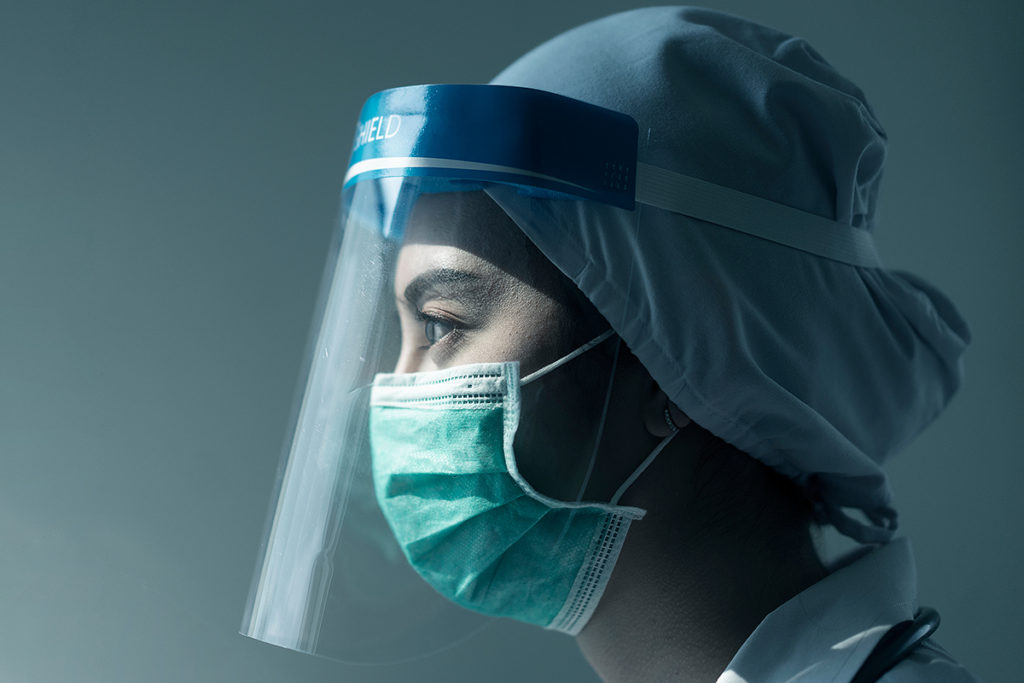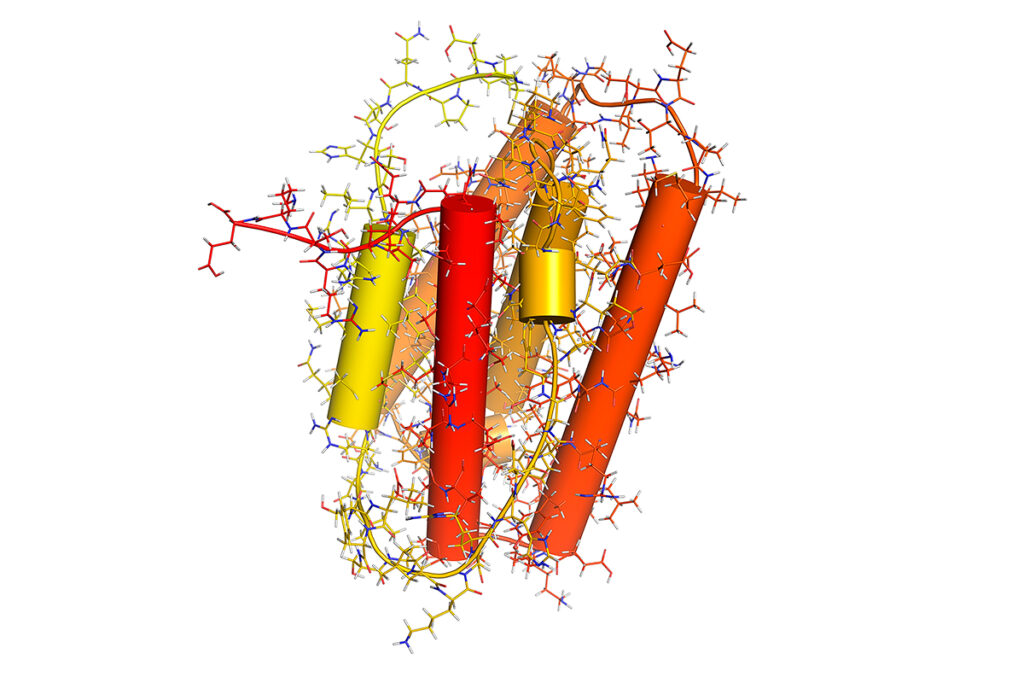COVID-19 prevention standards prerequisites
China was the first to encounter the new SARS-CoV-2 coronavirus. A high mortality was already registered at an early stage of the epidemic. There were no approved COVID-19 diagnostic kits while the main indicator of the disease was pneumonia. The high degree of contagion and the epidemiological duration trend also weren’t immediately apparent.
At first, some of the medical staff did not realize the need to protect themselves. Masks wearing and hand hygiene was not standardized. There was a lack of protective equipment, such as N95 masks. The required number of isolated wards was also missed. Ordinary wards were urgently converted into isolated wards with violation of safety standards. Therefore, the risk of infection among medical personnel reached up to 90%.
There was an urgent need to ensure occupational safety and health in the absence of effective medicines and vaccines. Government intervention was required to provide medical assistance from other provinces of China.
Physical protection against virus infection
Chinese standards for infection prevention and control has 3 levels of protection.
First level: work clothes, disposable headwear, disposable medical surgical mask (replaced every 4 hours), strict hand hygiene.
The second level completes the first: safety glasses \ safety screens, double gloves, Shoe covers and work shoes.
The third level complements the second: a comprehensive protective mask.
During surgery on respiratory system respiratory mask with positive pressure is being used.
However, these measures do not fully protect people from SARS-CoV-2 infection. While this standards were followe, 3062 medical workers were registered with COVID-19 pneumonia in Hubei province.
Drug prevention COVID-19 prerequisites
Vaccines and preventative drugs are the two main approaches to protect people from the virus. Safe-to-health antiviral vaccines have not yet been developed. Meanwhile, SARS-CoV-2 is evolving into a low-virulent, highly infectious flu-like virus. The epidemy of COVID-19 may be repeated every fall and winter. The virus may co-exist with humans for a long time. Thus, before the introduction of a vaccine, there is an urgent need for drugs that can effectively prevent COVID-19 in healthy people.
Interferon-α2b (IFN-α2b) has long been used clinically to prevent and treat colds and flu, especially in the early stages of an epidemic. IFN-α2b is effective for preventing infection with influenza viruses, rhinoviruses, and coronaviruses.
There is a clinical study of 14391 healthy individuals that demonstrates that recombinant IFN-α2b spray reduces the spread of respiratory viral infection.
Scientists of the Zhejiang University hospital laboratory (China), have foung found that SARS-CoV-2 can reduce the ability of infected cells to suppress virus replication, reducing the endogenous production of interferon.
It has been suggested that exogenous addition of type-I IFN to nasal epithelial cells may prevent viral invasion and transmission between humans. A high local concentration of interferon will inhibit the virus replication.
The medical ethics Committee of Taihe hospital in Shiyan city, Hubei province, approved a pilot study of the effectiveness and safety of nasal drops of recombinant human interferon-α2b in healthy medical personnel for the prevention of COVID-19.
A study of drug prevention for COVID-19
All medical staff at Taihe hospital were divided into two groups depending on the risk of infection. A total of 2,415 people in low risk-clinics where are no COVID-19 patients, no contacts with such patients and no isolated wards with. High risk – a total of 529 people direct contacts with infected SARS-CoV-2, specialized clinics for the treatment of COVID-19 and the isolated wards.
Participants in the low-risk group received 2-3 nasal drops of recombinant human interferon-α2b in each nostril 4 times a day for 28 days.
Participants in the high-risk group received an additional subcutaneous injection of thymosin-α1 once a week.
As a result, both groups had a zero-detection rate of COVID-19.
Meanwhile, 2,035 cases of confirmed COVID-19 were detected in a control group of medical workers in the same area of Hubei province.
Four weeks after the study began, the number of cases of COVID-19 pneumonia in Hubei province increased rapidly, while there were no new cases of COVID-19 pneumonia among the more than 2,000 medical staff at Taihe hospital. This indicates that IFN-α has a promising preventive effect on visrus-susceptible people.
The study proves that nasal drops of recombinant IFN-α2b can effectively compensate the lack of a physical barrier and improve a non-specific antiviral effect against SARS-CoV-2.
Useful article, necessary information? Share it!
Someone will also find it useful and necessary:



